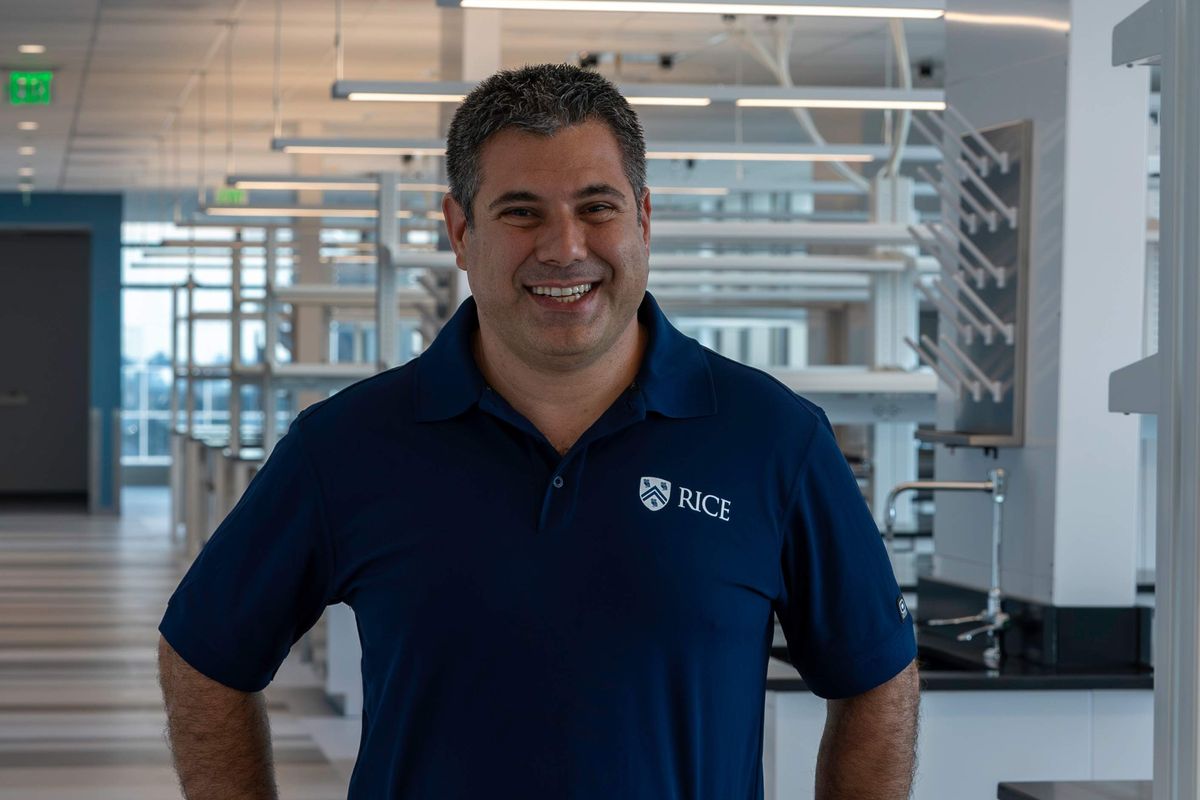Texas A&M awarded $1.3M federal grant to develop clean energy tech from electronic waste
seeing green
Texas A&M University in College Station has received a nearly $1.3 million federal grant for development of clean energy technology.
The university will use the $1,280,553 grant from the U.S. Department of Energy to develop a cost-effective, sustainable method for extracting rare earth elements from electronic waste.
Rare earth elements (REEs) are a set of 17 metallic elements.
“REEs are essential components of more than 200 products, especially high-tech consumer products, such as cellular telephones, computer hard drives, electric and hybrid vehicles, and flat-screen monitors and televisions,” according to the Eos news website.
REEs also are found in defense equipment and technology such as electronic displays, guidance systems, lasers, and radar and sonar systems, says Eos.
The grant awarded to Texas A&M was among $17 million in DOE grants given to 14 projects that seek to accelerate innovation in the critical materials sector. The federal Energy Act of 2020 defines a critical material — such as aluminum, cobalt, copper, lithium, magnesium, nickel, and platinum — as a substance that faces a high risk of supply chain disruption and “serves an essential function” in the energy sector.
“DOE is helping reduce the nation’s dependence on foreign supply chains through innovative solutions that will tap domestic sources of the critical materials needed for next-generation technologies,” says U.S. Energy Secretary Jennifer Granholm. “These investments — part of our industrial strategy — will keep America’s growing manufacturing industry competitive while delivering economic benefits to communities nationwide.”
------
This article originally appeared on EnergyCapital.

 Omid Veiseh is professor of bioengineering and faculty director of the Rice Biotech Launch Pad. Photo courtesy Rice University
Omid Veiseh is professor of bioengineering and faculty director of the Rice Biotech Launch Pad. Photo courtesy Rice University Apple doubles down on Houston with new production facility, training center Photo courtesy Apple.
Apple doubles down on Houston with new production facility, training center Photo courtesy Apple.